How To Use MSM For Hair Growth, Dosage, And Side Effects
While these supplements may appear miraculous, self-medication may prove to be harmful.

Image: Shutterstock
Methylsulfonylmethane (MSM) for hair growth has gained popularity over the last few years.
This is because of its anti-inflammatory properties and healing potential. It is said that taking MSM as a dietary supplement aids in healthy hair growth. If you want to know what research says on this, read the below article.
 Know Your Ingredient: Methylsulfonylmethane (MSM)
Know Your Ingredient: Methylsulfonylmethane (MSM)What Is It?
An organosulfur compound that occurs naturally in animals, humans, and plants.
What Are Its Benefits?
It is a dietary supplement, anti-inflammatory agent, may improve immune function, has anti-aging effects, and boosts hair growth by increasing hair’s volume and luster.
Who Can Consume It?
Anybody with dull hair can use MSM.
How Often?
You can have anywhere between 500 milligrams and 4 grams of MSM per day.
Caution
Breastfeeding and pregnant women should avoid consuming it.
In This Article
What Is MSM?

MSM or methylsulfonylmethane is an organosulfur compoundi These are the organic sulfur molecules found in all living organisms. They help treat diseases, such as diabetes and cancer. that occurs naturally in animals, humans, and plants.
MSM supplements have anti-inflammatory properties and are widely used (1):
- To maintain joint health
- To improve immune function
- For antiaging effects
- To reduce swelling and pain
MSM supplements are sources of sulfur for the essential amino acid methionine. The sulfur-rich amino acids for hair growth can detoxify harmful free radicals, toxins, and reactive oxygen species in the body and help maintain the cellular systems (1).
These benefits have also led to the belief that MSM can promote hair growth. What does research have to say about this? Find out in the next section.
Key Takeaways
- Keratin in our hair contains sulfurated amino acids. MSM provides sulfur to these amino acids, potentially strengthening the hair.
- You can use MSM powder on your scalp by mixing it with shampoo, hair creams, or conditioners.
- Your body may not get enough sulfur or MSM through your diet, so MSM supplements may come in handy.
- Pregnant or breastfeeding women are advised to keep off from MSM products.
MSM For Hair Growth: What Does Research Say?

There is not much scientific research regarding the hair benefits of MSM. However, some inconclusive research has explored the efficacy of MSM for hair growth.
A study found that a high dose (3 g/day) of MSM improved hair shine and volume within eight weeks (1). Another mice study found that a blend of 10% MSM and 7.5% MAP (magnesium ascorbyl phosphate) could promote hair growth and be used to treat alopeciai A disease in which the immune system attacks the body, leading to sudden extensive hair loss or bald patches. . However, the study concluded that the result depended on the concentration of MSM (2).
Our hair and nails are composed of keratin, which contains cysteine, a sulfurated amino acid. MSM provides sulfur to these amino acids, which, in turn, strengthens the hair (1).
However, more studies are required for a definite answer. Meanwhile, you can consume sulfur-rich foods or take MSM supplements for hair growth. In the next section, we have discussed the ways to use or get MSM for hair growth.
 Did You Know?
Did You Know?How To Use MSM For Hair Growth

Mix MSM powder with any hair cream, shampoo, or lotion, and apply it to your scalp. Consuming sulfur-rich foods is one way to cover the sulfur deficiency (if any). You can eat:
- Whole grains
- Tomatoes
- Leafy green vegetables
- Raspberries
- Apples
- Coffee
- Beer
- Raw milk
- Tea
- Alfalfa sprouts
- Onion
- Garlic
Now that we know how to incorporate MSM for hair growth, let’s understand how it works. Check out the next section.
How Does MSM Work?
MSM, or methylsulfonylmethane, is believed to support hair growth through several mechanisms. First, it provides sulfur, a vital component of keratin, which is the protein that makes up hair. Hence, using sulfur for hair growth can prove to be beneficial in strengthening keratin bonds in the hair. Second, it may improve blood circulation to the scalp and help deliver essential nutrients for hair growth.
In addition, it has anti-inflammatory properties that can help reduce scalp inflammation and irritation which could hinder hair growth (3). While anecdotal evidence suggests MSM supplements or its topical application help hair growth, scientific research on this is limited, and results can vary among individuals. It’s advisable to consult a healthcare provider before using it.
You may not always meet the dietary requirement of sulfur or MSM even on a well-balanced diet. That’s where MSM supplements come in. Find out the recommended dosage of MSM supplements below.
Recommended Dosage Of MSM Supplements For Hair
You can have anywhere between 500 milligrams and 4 grams of MSM per day.
MSM supplements fall under the GRAS (Generally Recognized As Safe) category by the FDA and are well-tolerated (4). However, do not self-medicate.
JLL, a blogger, shares his experience of trying MSM for hair and nail growth on his personal blog: “I began the experiment by taking a powder that had 1,000 mg of MSM, 600 mg of glucosamine and 400 mg of chondroitin per portion. I later started taking it with vitamin C, which is sometimes suggested to increase absorption. After seven weeks, I hadn’t noticed any effects on either hair or nail growth (i).” Nevertheless, it is essential to consult a healthcare professional to determine the right dosage for you to realize the full potential of these supplements.
Using MSM (orally and topically) may cause a few side effects.
 Quick Tip
Quick TipSide Effects Of MSM For Hair Growth

You may experience mild side effects like:
- Abdominal discomfort
- Bloating
- Nausea
- Diarrhea
- Headaches
- Skin irritation
In case of a severe reaction, you may notice symptoms, such as:
- Swelling
- Difficulty in breathing
- Fatigue
- Skin rashes
- Hives
You do not need a prescription to buy MSM. In the next section, learn how you can get MSM for hair growth.
Where To Get MSM Pills And Powder For Hair

MSM supplements are over-the-counter products available in any drugstore in powder and pill forms. You can also buy the supplements from any supermarket or online e-commerce store. However, consult a doctor for the right dosage before using MSM. Considering the lack of research on the effects of MSM, pregnant or breastfeeding women should avoid taking the pills. Hair supplements enriched with MSM and collagen are gaining popularity these days for their potential to promote hair health. Pair these supplements with natural remedies such as herbal oils that help nourish your tresses and promote hair growth.
Infographic: How To Prepare MSM Shampoo At Home
As we saw, you can take methylsulfonylmethane (MSM) supplements or use commercially available MSM shampoos to promote hair growth. But interestingly, you also can prepare MSM shampoo at home. The process is fairly straightforward. Check out the recipe in the infographic below. Illustration: StyleCraze Design Team
MSM supplements have many health benefits, and they may encourage hair growth and maintain overall hair health. However, there is not enough scientific evidence to prove the hair growth benefits of MSM. Therefore, consult your doctor if you want to try MSM for hair growth. You may consume MSM supplements or apply MSM powder to your scalp. Incorporating these beauty and wellness practices into your hair care routine can help you achieve healthy locks. However, never take any supplement without consulting the doctor and knowing the proper dosage instructions. Also, do a patch test (if using MSM powder) to avoid the risk of allergic reactions.
Frequently Asked Questions
Can I take MSM and biotini A vitamin of the B complex that is water-soluble in nature. It helps promote strong and healthy hair. together?
Yes, you may take biotin and MSM together to help stimulate hair growth. Consult your doctor for the recommended dosages.
Does MSM affect hormones?
Yes, MSM may inhibit cortisoli It is known as the stress hormone of the body. It helps regulate the body’s stress response in a fight-or-flight circumstance. levels and suppress negative hormones responsible for the growth of cancer cells (5), (6).
Are MSM and magnesium the same thing?
No, they are not the same thing. MSM is an organic sulfur compound found in humans, animals and plants.
Illustration: How To Use MSM For Hair Growth Dosage And Side Effects
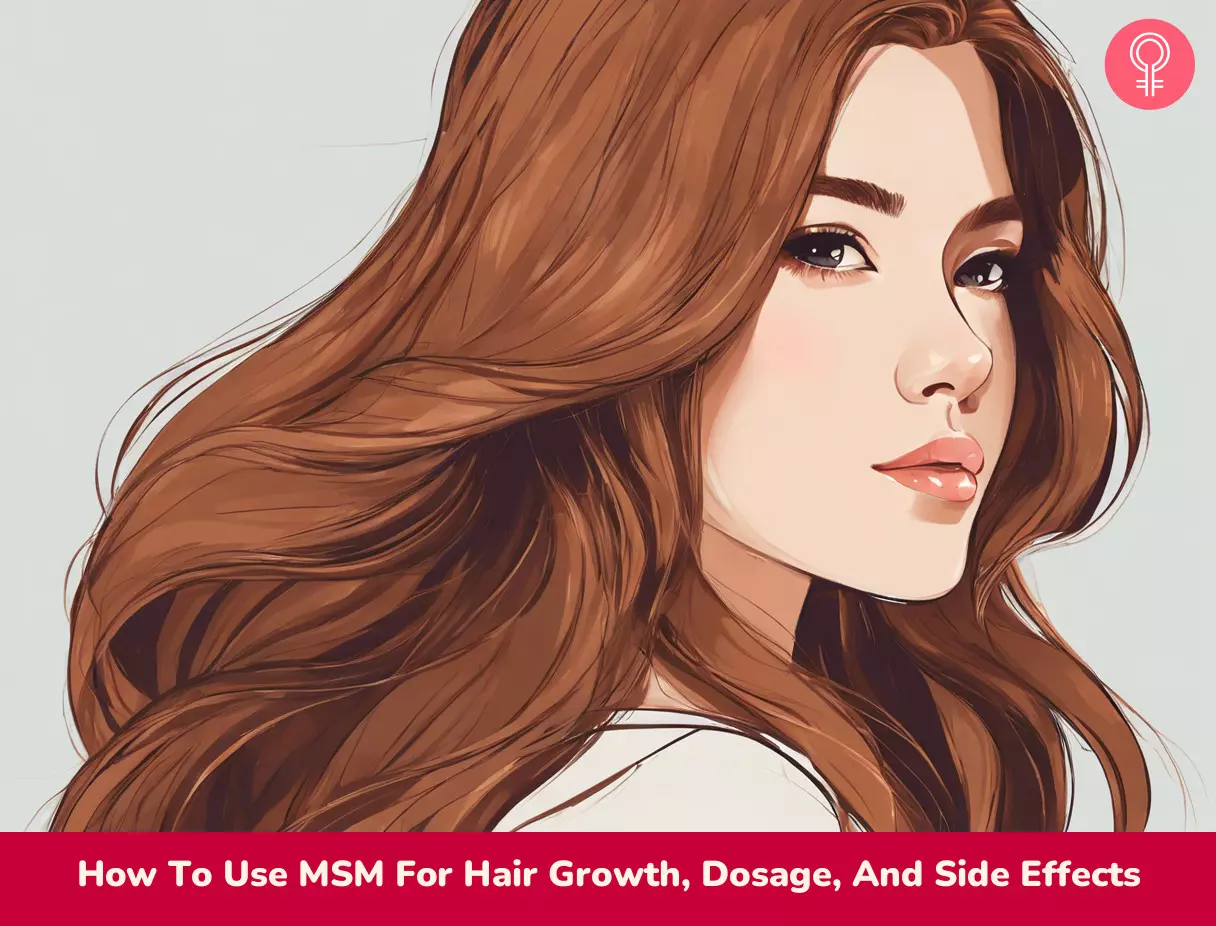
Image: Stable Diffusion/StyleCraze Design Team
Learn how to use MSM to promote healthy hair growth. Click on this video to get easy ways to use this ingredient to help your hair look and feel its best.
Personal Experience: Source
StyleCraze's articles are interwoven with authentic personal narratives that provide depth and resonance to our content. Below are the sources of the personal accounts referenced in this article.
i. 1,000–8,000 mg of MSM Has No Effect on Hair & Nail Growth – Experiment Conclusion
https://inhumanexperiment.blogspot.com/2008/12/1000-8000-mg-of-msm-has-no-effect-on.html
References
Articles on StyleCraze are backed by verified information from peer-reviewed and academic research papers, reputed organizations, research institutions, and medical associations to ensure accuracy and relevance. Read our editorial policy to learn more.
- Beneficial Effects of a Sulfur-Containing Supplement on Hair and Nail Condition
https://www.naturalmedicinejournal.com/journal/beneficial-effects-sulfur-containing-supplement-hair-and-nail-condition - The Effect of Methylsulfonylmethane on Hair Growth Promotion of Magnesium Ascorbyl Phosphate for the Treatment of Alopecia
https://www.researchgate.net/publication/247915887_The_Effect_of_Methylsulfonylmethane_on_Hair_Growth_Promotion_of_Magnesium_Ascorbyl_Phosphate_for_the_Treatment_of_Alopecia - Evaluation Of The Effect Of Topically Applied Methylsulfonylmethane And Their Combination With Minoxidil Solution For Improvement Of Hair Growth In Male Mice
https://pubmed.ncbi.nlm.nih.gov/36591763/ - Methylsulfonylmethane: Applications and Safety of a Novel Dietary Supplement
https://www.ncbi.nlm.nih.gov/pmc/articles/PMC5372953/ - Methylsulfonylmethane inhibits cortisol-induced stress through p53-mediated SDHA/HPRT1 expression in racehorse skeletal muscle cells: A primary step against exercise stress
https://www.ncbi.nlm.nih.gov/pmc/articles/PMC6909739/ - Methylsulfonylmethane Suppresses Breast Cancer Growth by Down-Regulating STAT3 and STAT5b Pathways
https://www.ncbi.nlm.nih.gov/pmc/articles/PMC3317666/#:~:text=From%20the%20results%20obtained%2C%20we,through%20its%20multi%2Dtargeted%20action.
Read full bio of Dr. Shruti Chavan
Read full bio of Ramona Sinha
Read full bio of Anjali Sayee
Read full bio of Swathi E






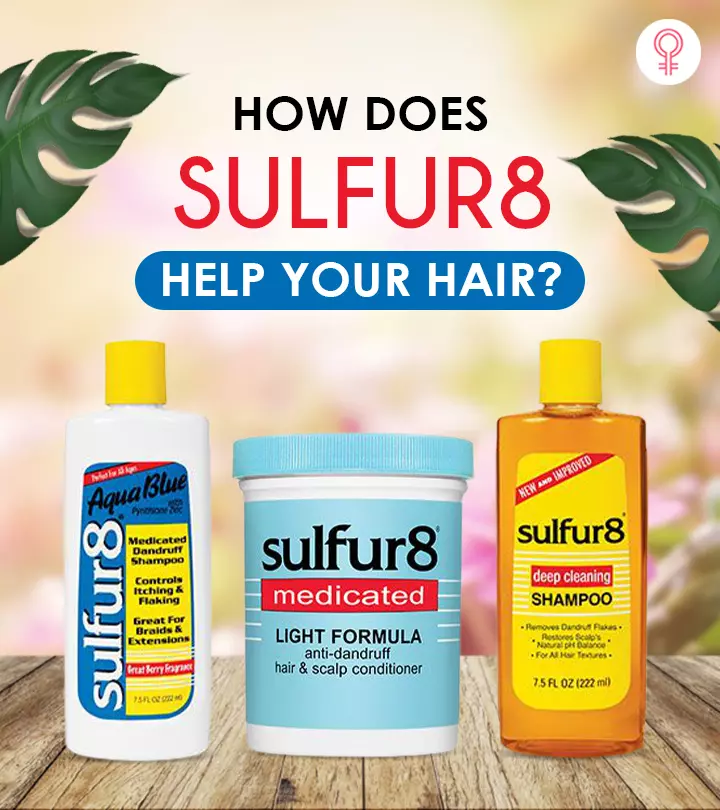


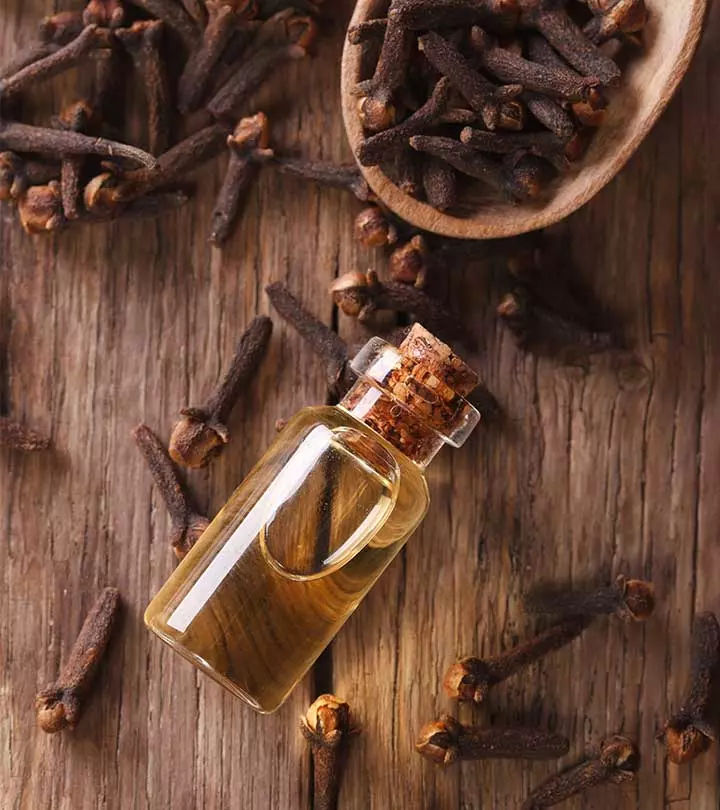
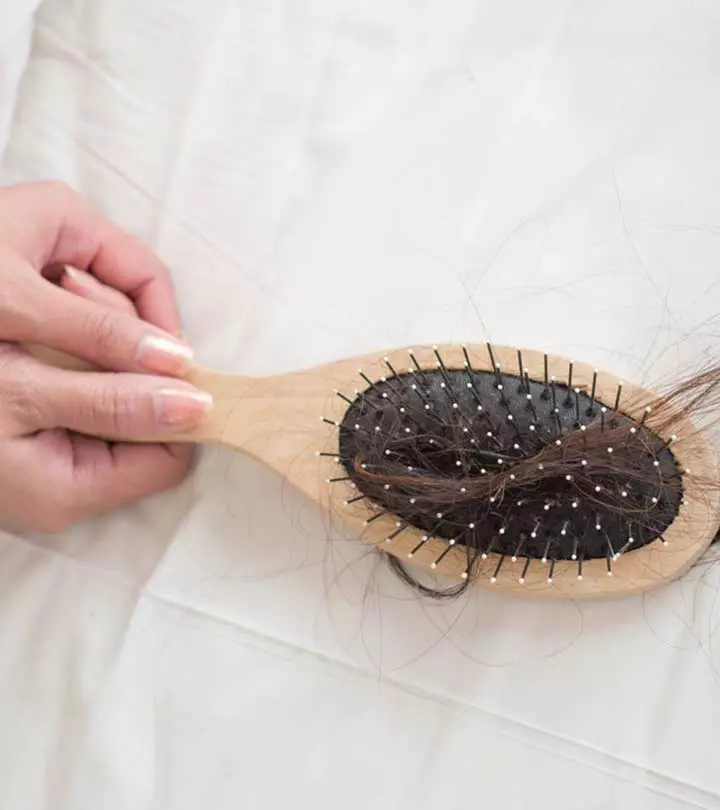


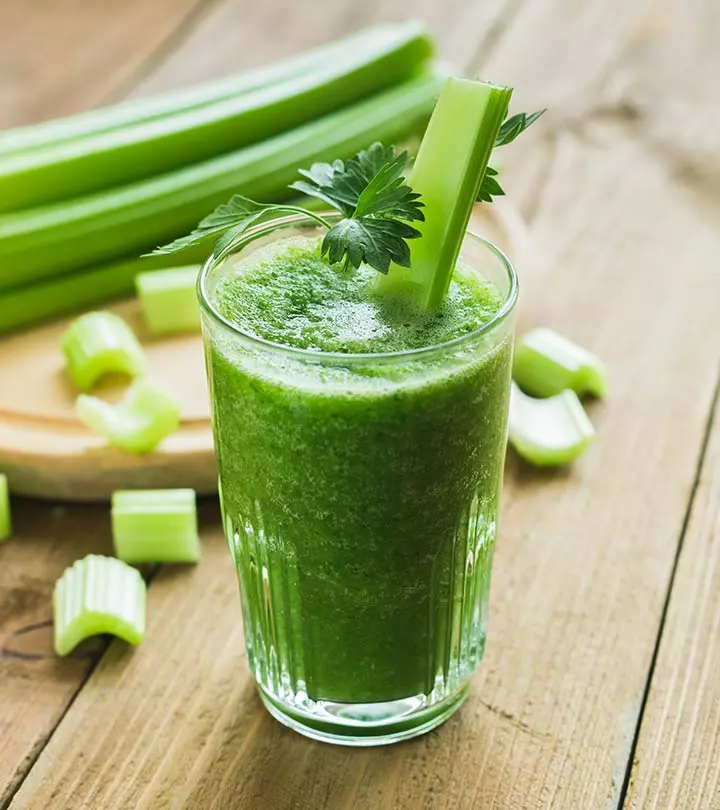




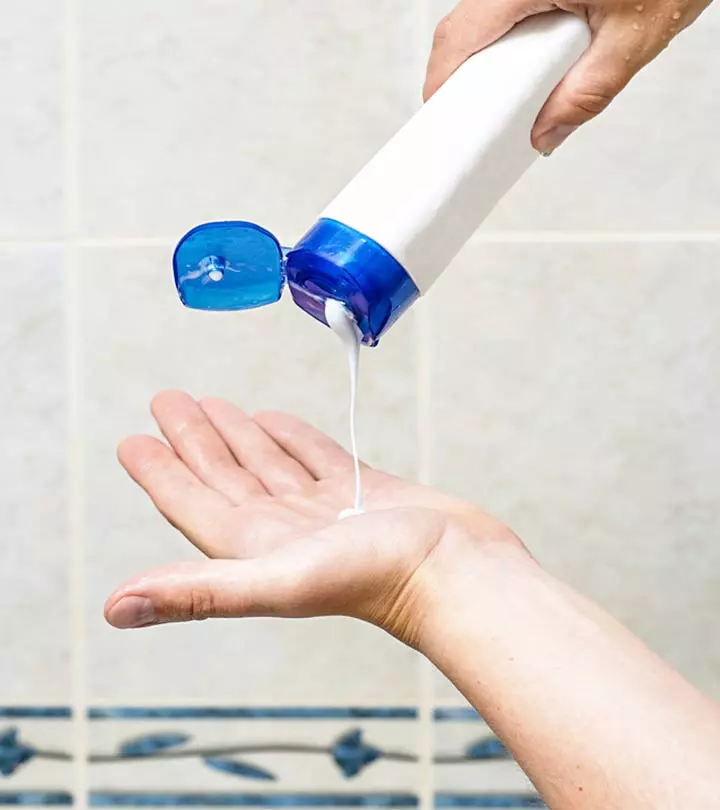
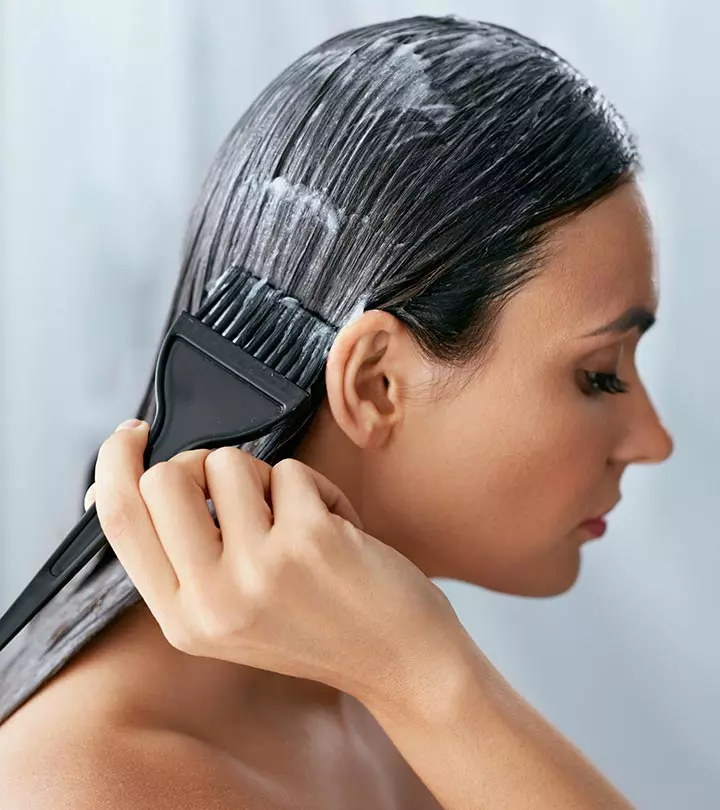

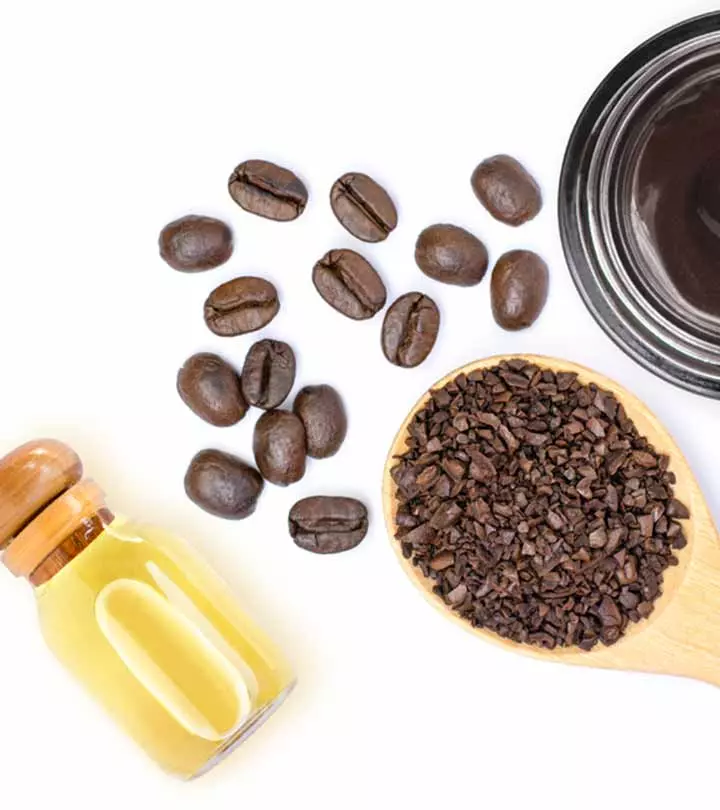



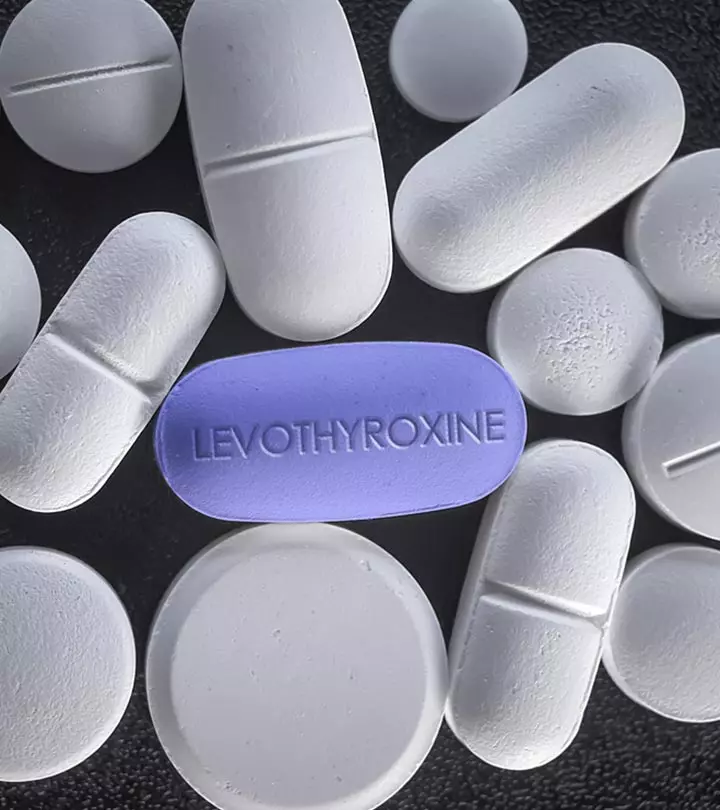

Community Experiences
Join the conversation and become a part of our empowering community! Share your stories, experiences, and insights to connect with other beauty, lifestyle, and health enthusiasts.